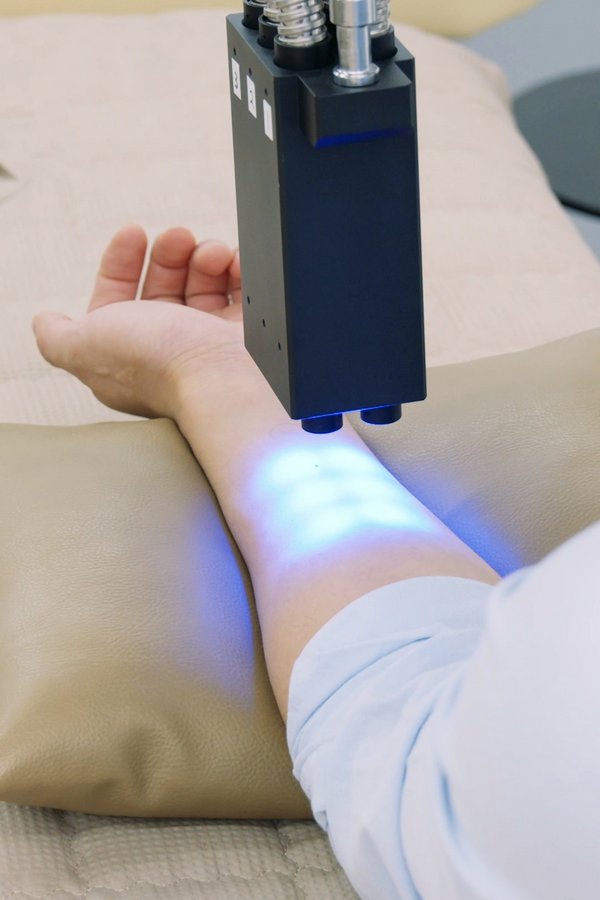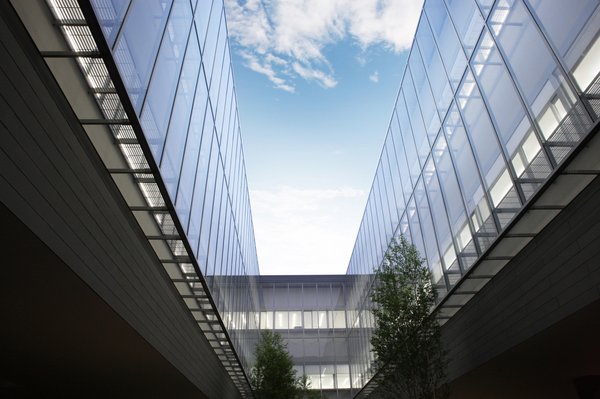Amorepacific Publishes Research Paper On Clinical Evaluation Method For Blue Light 456nm Protection Of Skin

SEOUL,South Korea,Sept. 3,2020 -- The Anti-Pollution Research Center of Amorepacific R&D Center has developed the world's first clinical evaluation method for blocking blue light from reaching the skin. The research paper,which involves research on the harmful effects of blue light on the skin,the development of clinical devices,verification of the efficacy of blocking agents and so on,has been published in the August 18,2020 issue (the 19th issue of 2020) of The Journal of Cosmetic Dermatology,which is the SCI-grade international academic journal. (Paper name: Clinical evaluation method for blue light (456 nm) protection of skin)

Amorepacific Clinical Evaluation Device for Blocking Blue Light

Amorepacific R&D Center,Mizium
Blue light is a blue wavelength portion of the visible light spectrum ranging from 380−500 nm (nanometers). Blue light has the shortest wavelength and the strongest energy among all types of visible light,and prolonged exposure to this type of light is known to have harmful effects,such as sleep disturbance and damage to vision. Blue light can have detrimental effects on the skin as well,including skin pigmentation and reductions in skin elasticity and moisture. Prior to Amorepacific's research,however,there had not been any clinical research that had concretely proved the harmfulness of everyday blue light exposure to the skin.
Cho Hong-ri,a senior researcher of the Anti-Pollution Research Center in Amorepacific R&D Center,has developed a device that can detect blue light wavelengths that are harmful to the skin and can clinically evaluate blue light blocking performance at those wavelengths. The new device developed by Amorepacific produces blue light wavelengths that modern people are often exposed to due to artificial lighting emitted by smartphones,TVs,etc. In addition,by finely adjusting the intensity and time of light,the device also makes it easier to conduct clinical evaluations on skin damage that people can experience in their daily lives due to exposure to the blue light.
Through an experiment using the clinical device,Amorepacific R&D Center revealed the fact that blue light with a wavelength of 456 nm causes skin pigmentation. Based on the finding,Amorepacific tested whether a blue light blocker developed and released by the company itself can actually prevent skin pigmentation with the company subsequently proving the blue light blocking effects of the blocker on the basis of the measurement of changes in melanin index values,etc.
Amorepacific R&D Center has been researching the harmfulness of blue light on the skin since 2017. In particular,the results of the company's research on its own clinical evaluation method for blue light blocking performance,the first of its kind in the world,were presented at IFSCC (International Federation of Societies of Cosmetic Chemists) conference held in Munich,Germany in 2018.
Moving forward,Amorepacific plans to conduct further research on the environmental effectsand the resulting changes in skinand continue developing products to protect the skin health of customers around the world.
About Amorepacific
Since 1945,Amorepacific has had a single,clear mission: to present its unique perception of beauty– namely what it calls 'Asian Beauty' – to the world. As Korea's leading beauty company,Amorepacific draws from its deep understanding of both nature and human to pursue harmony between inner and outer beauty. With its portfolio of over 20 cosmetics,personal care,and health care brands,Amorepacific is devoted to meeting the various lifestyles and needs of global consumers around the world: Asia,North America,Europe,Oceania and the Middle East. Amorepacific's research hubs located around the world are dedicated to sustainable R&D that combine the best of natural Asian ingredients and advanced bio-technology. With its world-class products,Amorepacific is acclaimed for the innovative ways in which it is transforming global beauty trends.
Logo - https://photos.prnasia.com/prnh/20190611/2492892-1-a?lang=0
Photo - https://photos.prnasia.com/prnh/20200903/2907402-1-a?lang=0
Photo - https://photos.prnasia.com/prnh/20200903/2907402-1-b?lang=0